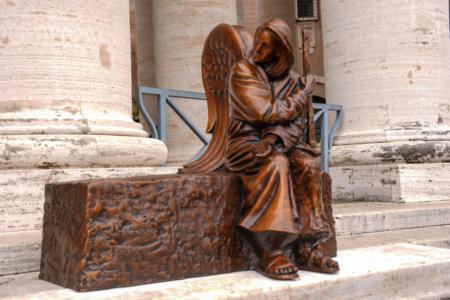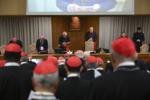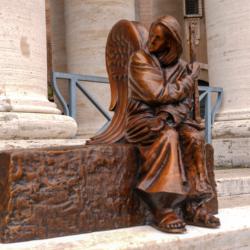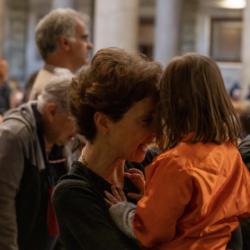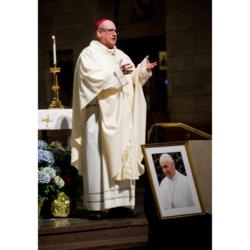How would you answer the doctor's question?
A few years ago, I received a phone call from my sister that no one wants to hear but sadly so many of us will experience at some point in our lives. My 90-year-old mother had just suffered a severe stroke that destroyed 75 percent of the right side of her brain, paralyzing the entire left side of her body.
My family and I kept vigil by my mother's bedside and waited and prayed for signs of improvement. Just 24 hours prior, she was getting ready for a game of bridge with her friends, and now she was in a hospital bed slipping out of consciousness, hooked up to screens and monitors. Late into the night, after watching my mother deteriorate and suffer through invasive testing, the doctor asked us "What do you want us to do?"
We were incredulous. "What are the options?" I asked.
The doctor informed us that if she were transferred to the intensive care unit, they could conduct more invasive testing but with little hope of recovery -- but he said he could keep her alive for five more years.
My mother named my sister and me her health-care proxies so that in the event she was unable to make medical care decisions, we would make those choices for her. Prior to her stroke and on numerous occasions, she told us emphatically to let her go when the time came.
Having attended theological presentations on this very issue, I knew that the Church teaches that ordinary and proportionate care must be given to the dying but care that is deemed "extraordinary and "disproportionate" is not an absolute requirement for morally intact care for the dying. But what do these terms mean and how should they be interpreted? What kind of treatment does pain medication or intravenous hydration and nutrition qualify as? Ordinary and proportionate care for a 40-year-old might be different for a 90-year-old.
My sister and I wondered if it was time to let her go and if it was the right thing to do. How could we make this seemingly impossible decision -- a decision that could hasten our mother's death, or a decision that could unnecessarily prolong it against her wishes?
But in the moment the doctor asks you the question about treatment for your dying loved one, you need an answer. So, I ask you, how would you answer the question?
When I posed that question to colleagues in the Pastoral Center, we agreed that it would be helpful if there was a short guidebook of Catholic teachings and principles. In our research we discovered that there was already a strong book on the subject by Patricia Stewart, a parishioner at St. Helen Parish in Norwell. We worked with Pat to submit her pocket-sized book, ''The Health-Care Decision Guide for Catholics'' (Sweet Apple Press 2010), for an official Church review. It now bears the imprimatur of Cardinal O'Malley, signifying that it is free of doctrinal or moral error. Our office now officially recommends it and we have sent copies to every parish in the archdiocese.
In simple language, this book guides the reader through four questions that help illuminate faith-based choices for medical care. Stewart offers a sound breakdown of Church teaching and helps families arrive at a morally acceptable health-care choice, free of the fear and guilt that frequently accompanies these decisions.
Stewart also discusses the importance of advance planning for possible medical emergencies in the future. Creating a health care plan that includes "The Catholic Statement of Beliefs and Decision-making Standards," and naming a health-care proxy who is willing to follow Church teaching can help make medical care decisions easier and free from worry if the time for actually following those decisions ever comes.
While you are having an attorney draft your health care proxy, it makes sense to have him or her also review your other estate planning documents -- will, trust and durable power of attorney. In this process you might give some thought to including your parish, school, the archdiocese, or one of its ministries as a beneficiary of your estate plan.
With prayer, my sister and I handled the ordeal of my mother's last illness. But that experience and my work for the archdiocese in estate planning and charitable giving convinced me that ''The Health-Care Decision Guide for Catholics'' is a valuable and indispensable resource for all people of faith.
You can read more about ''The Health-Care Decision Guide for Catholics'' and "The Catholic Statement of Beliefs and Decision-making Standards" at http://www.sweetapplepress.com.
For further information you can also call me, Richard Ely, at 617-779-3702 or email me at rely@rcab.org.
Richard Ely is the Director of Gift Planning for the Archdiocese of Boston.
